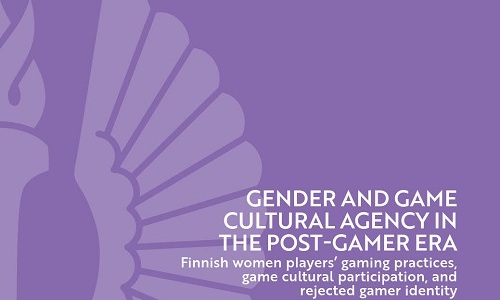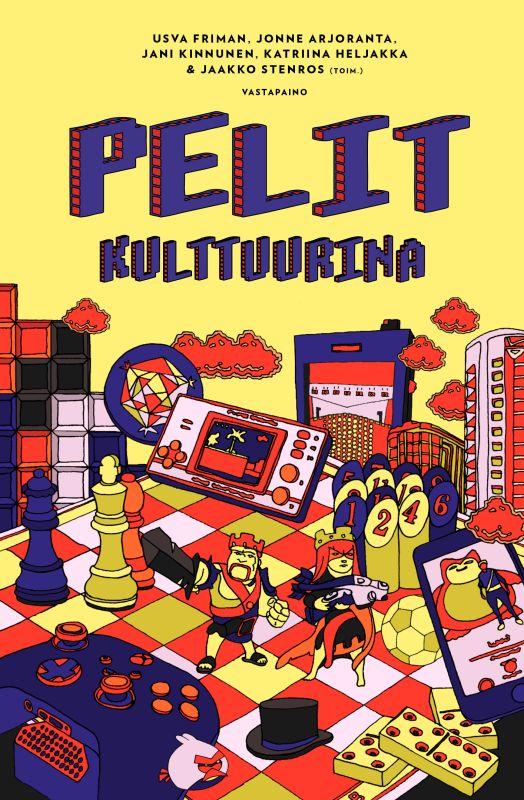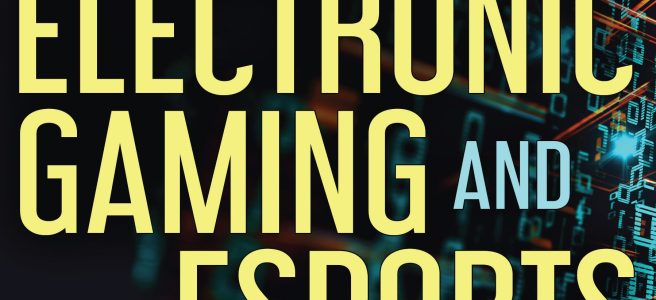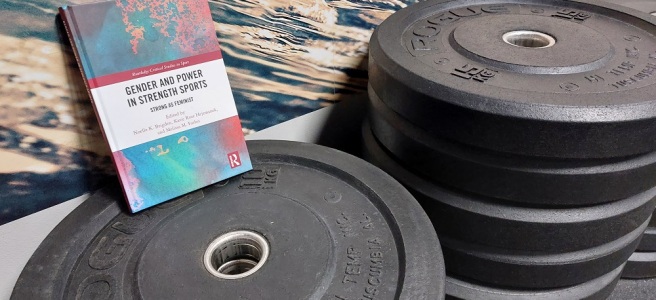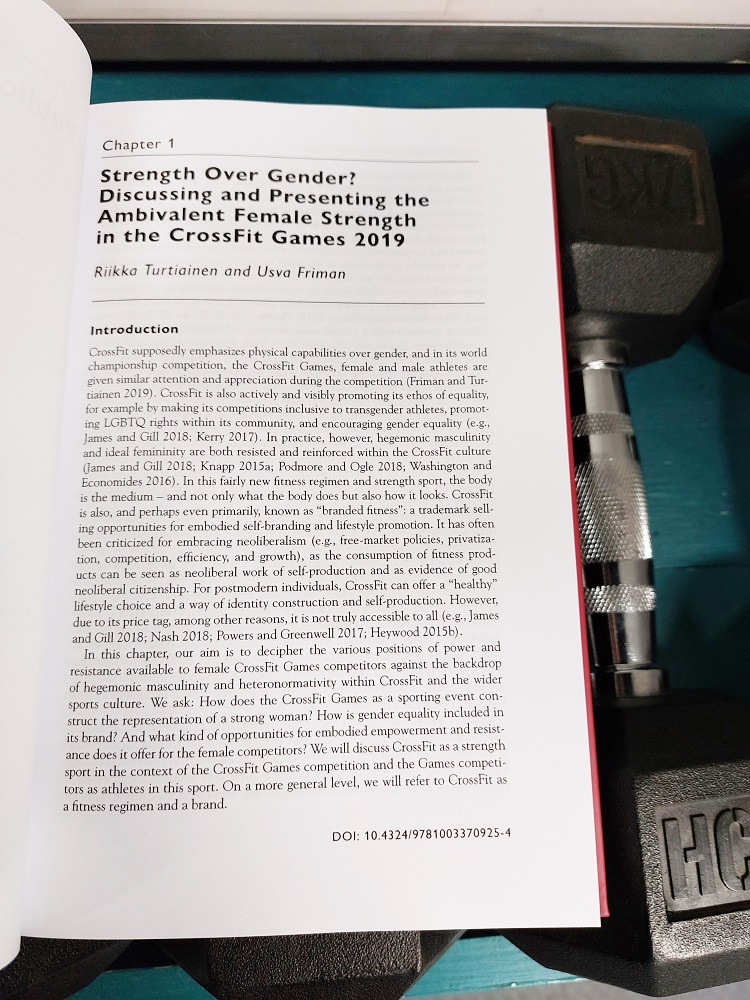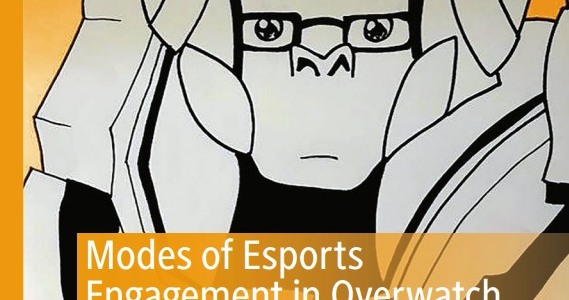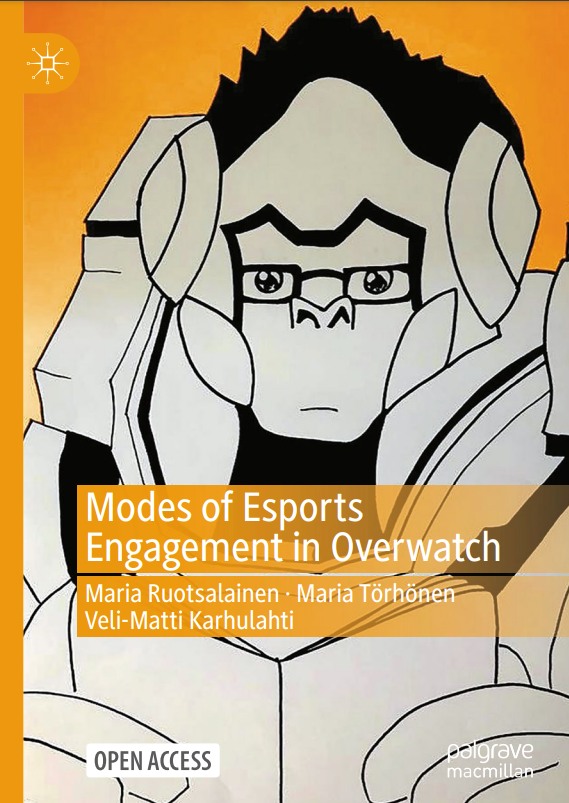I’m happy to announce that my doctoral dissertation (2022) on Finnish women’s gaming practices, game cultural participation, relationship to gamer identity, and game cultural agency is now openly available through University of Turku’s repository: https://urn.fi/URN:NBN:fi-fe2024031210910
Building up on this dissertation project, I’m currently working on the topic of game cultural agency in various contexts, and am looking forward to sharing further insights on this topic in the future!
Dissertation abstract
This doctoral dissertation study, positioned in the field of game culture studies, seeks to understand women’s game cultural agency by examining the various aspects of gaming practices, game cultural participation, and gamer identity, as well as effects of gender in Finnish women’s digital gaming. Its main research question is: How can women’s game cultural agency be understood beyond the gamer identity? This main research question is divided into three sub research questions:
1. What are women players’ gaming practices like?
2. How does gender affect women players’ game cultural participation?
3. How do women players construct the idea and identity of a gamer?
The theoretical framework of the study is built upon the concepts of game culture, game cultural participation, gamer identity, and gender. In the study, game culture is understood as a Bourdieusian field of culture, hierarchical in its nature. Within this cultural field, an individual’s position is defined by her game cultural capital, based on consumption of game cultural products, participation in game cultural activities, gaming skill, and game cultural expertise. Game cultural participation refers to both participating in game cultural activities and the feeling of belonging in game culture. Gamer identity is seen as a cultural identity – experienced and performed within a specific game cultural context – that requires both identification (from the person seeing herself as a gamer) and validation (from other members of game culture). A person’s gamer identity is performed through the gamer habitus: embodied dispositions and displays of game cultural capital. Gender is understood as embodied performance, set in specific game cultural contexts and against the expectations of hegemonic gamer masculinity.
The primary research material of this study consists of semi-structured theme interviews with 20 interviewees and an online questionnaire with 737 respondents, both collected from Finnish adult women who play digital games. Both the interviews and the online questionnaire report women’s current gaming practices and gaming histories, participation in gaming events, production and consumption of game media, following of and participation in electronic sports, gamer definitions and gamer identity, how gender affects their gaming, and the meanings of gaming in the women’s lives. The material is analysed using reflexive thematic analysis. Additionally, narrative literature reviews are conducted to provide theoretical context for the analysis.
The analysis shows that women are active players and game cultural participants (albeit more as consumers than as producers) who display significant game cultural expertise. Importantly, women define their game cultural agency on their own terms, affected by but standing against the gendered norms and expectations of the hegemonic game culture. However, women also encounter significant gender-based barriers to their game cultural participation and agency, leading them to suffer from misogynistic discrimination and harassment, limit their participation for their safety, or even opt out entirely from certain game cultural activities. Most women participating in the study reported their gender having affected their gaming, mostly in negative ways. Supportive social environments appear central to women’s gaming.
The main contribution of this study is providing understanding of how game cultural agency is constructed beyond the idea and identity of a gamer and the gender-specific issues affecting women’s game cultural agency. The results offer valuable insight into gaming practices, game cultural participation, and (rejection of) gamer identities of women players, as well as into women players’ game cultural position as a group that is simultaneously actively participating in and being rejected from game culture. The study increases our understanding of the structures of marginalisation within game culture, which do not only affect women but many other player groups as well.
The results of the study can be applied in efforts to increase the cultural accessibility, inclusivity, and equity of game culture by a variety of game cultural agents, including gaming event and esports tournament organisers, gaming community managers, gaming education and youth workers, and game journalists. Even though the material is focused on Finnish women players, these results can also be applied to other player groups as well as international contexts.
